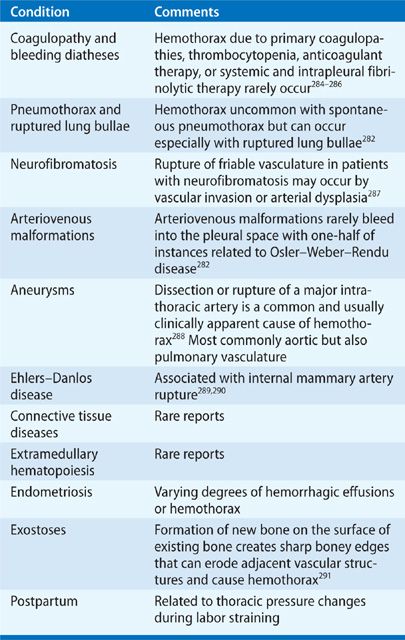what is the prognosis for malignant pleural effusion
It represents disseminated disease and confers a poor prognosis. Statistics show that the median survival time 50 have died and 50 still.

Prognostic Impact Of Malignant Pleural Effusion At Presentation In Patients With Metastatic Non Small Cell Lung Cancer Journal Of Thoracic Oncology
Cytology is positive for cancer cells in the initial pleural fluid specimens from 60 of patients who are ultimately shown to have malignant effusions.
. The diagnosis is based on chest radiography followed by thoracentesis or thoracoscopy. Thus on a concluding note it can be said. Studies are contributing evidence on an increasing number of therapeutic options therapeutic thoracentesis thoracoscopic ple.
If cancer grows in the pleural space it causes a malignant pleural effusion This condition is a sign. Prognosis of Malignant Pleural Effusion As previously mentioned this condition often indicates the presence of advanced stage lung cancer or breast cancer. Most malignant effusions are exudative and about one third are bloody.
Symptomatic malignant pleural effusion is a common clinical problem. It occurs in around 7 to 23 of lung cancers but can also occur with other cancers such as breast cancer ovarian cancer leukemia and lymphomas. Malignant pleural effusion MPE is a common and important clinical condition.
The prognosis of cases where the effusion is due to carcinoma of the lung or due to cancer of the gastrointestinal tract or ovarian cancer is the poorest. Traditionally this has been achieved by. For You News Perspective.
However most patients with a pleural effusion have no long-term sequelae. Patients with Malignant Pleural Effusions MPE have life expectancies ranging from 3 to 12 months depending on the type and stage of their primary malignancy. Neoplasm Malignant pleural effusion Prognosis Analysis Survival.
Dyspnea is the most common symptom of MPE. What are symptoms of a pleural effusion. Chemical pleurodesis is an effective treatment of malignant pleural effusions but indications must be individualised to optimise its results.
MPE can be a complication of any malignancy but in patients with lung cancer. Malignant pleural effusion MPE occurs in 15 of all cancer patients and usually portends poor prognosis while also serving to limit the patients quality of life. Malignant pleural effusion MPE is an effusion characterized by the presence of malignant cells 1.
MPE is a common manifestation in patients with metastatic disease and can occur in 15 of patients with cancer 2 3. Some patients with pleural effusion have no symptoms with the condition discovered on a chest x-ray that is performed for another reason. The prognosis of the patient with a pleural effusion depends on the underlying condition.
The average malignant pleural effusion life expectancy is a little less than six months with the median survival time being as less as four months. The diagnosis of a malignant pleural effusion is the first indication of a malignancy in 13 of patients with a malignant pleural effusion. Am J Respir Crit Care Med Vol.
However most patients with a pleural effusion have no long-term sequelae. It is most common in lung cancer LC followed by breast cancer BC lymphoma gynecological cancers and malignant. Several studies have demonstrated the diagnostic yield of medical thoracoscopy pleuroscopy in making the diagnosis of malignant pleural effusion MPE.
If due to heart failure cirrhosis or malignancy the effusion is likely to recur. A pleural effusion can be serious and potentially life-threatening but it is treatable. No previous studies however have reported long-term outcomes for patients undergoing diagnostic pleuroscopy in whom no malignancy was demonstrated either with cytologic examination of pleural fluid or.
The aim of the present study was to investigate the relationship of various prognostic features with both the response rate to. The presence of malignant tumour cells in the pleural. The majority of patients with malignant pleural effusion will experience dyspnea.
Patients in these stages often have a poor prognosis with an average life expectancy of less than six months. Palliation of symptoms has been the goal for the management of these effusions while keeping the patients hospital stay to a minimum. A pleural effusion is accumulation of excessive fluid in the pleural space the potential space that surrounds each lungUnder normal conditions pleural fluid is secreted by the parietal pleural capillaries at a rate of 06 millilitre per kilogram weight per hour and is cleared by lymphatic absorption leaving behind only 515 millilitres of fluid which helps to maintain a functional.
Malignant Pleural Effusion A malignant pleural effusion MPE is the build up of fluid and cancer cells that collects between the chest wall and the lung. Malignant pleural effusion National Cancer Institute. This condition is associated with very high mortality with life expectancy ranging from 3 to 12 months.
Dyspnea may cause limitations in ability to perform activities of daily living in a substantial proportion of patients. Patients often require multiple invasive procedures in order to gain a diagnosis and manage their symptomatic pleural effusions which. With malignant effusions portending a poorer prognosis than benign effusions.
Ad Looking for top results. Malignant pleural effusion MPE is a common and important clinical condition. It is a fairly common complication in a number of different cancers.
The most common underlying tumors are lymphomas and cancers of the lung breast and ovaries which account. Almost all cancers can potentially produce a pleural effusion. Development of a malignant pleural effusion is associated with a very poor prognosis with median survival of 4 months and mean survival of less than 1 year.
A malignant pleural effusion MPE is often the first sign of cancer and it is a prognostic factor in patients with advanced disease. A malignant pleural effusion is a complication that involves the build-up of fluid containing cancer cells between the membranes that line the lungs. Malignant pleural effusion which is a common clinical problem in patients with cancer may be due to both primary thoracic tumours or to a metastatic spread in the chest and constitutes the first sign of disease in approximately 10 of patients.
If cancer grows in the pleural space it causes a malignant pleural effusion This condition is a sign. The prognosis of cases where the effusion is due to carcinoma of the lung or due to cancer of the. If cancer grows in the pleural space it causes a malignant pleural effusion This condition is a sign that the cancer has spread or metastasized to other areas of the body.
Diagnosis of malignant pleural effusion is of paramount importance. Malignant effusions may change the staging and subsequent prognosis of the underlying cancer. The patient may have unrelated symptoms due to the disease or condition that has caused the effusionSymptoms of pleural effusion include.
18 19 The most. Malignant pleural effusion MPE accounts for more than 125000 hospital admissions per year in the USA alone with an estimated inpatient cost US5 billion a year and the incidence of MPE is still increasing due to the continuous increase in new cancer diagnosis 23The MPE-associated progressive dyspnea or cough is often debilitating and. With lung cancer a malignant pleural.
Malignant pleural effusion MPE is a common clinical problem that results in disabling breathlessness for patients with advanced malignancy. A complication in many types of tumors its presence indicates the onset of the terminal stages of cancer. Prognosis of Malignant Pleural Effusion.
However the presence of a pleural effusion should call attention to the providing physician that the. This can cause you to feel short of breath andor have chest discomfort. Find updated content daily for popular categories.
Development of a malignant pleural effusion is associated with a very poor prognosis with median survival of 4 months and mean survival of less than 1 yearref14ref15 The most common associated m. As previously mentioned this condition often indicates the presence of advanced stage lung cancer or breast cancer.
The Current Aetiology Of Malignant Pleural Effusion In The Western Cape Province South Africa

The Diagnostic Steps In Suspected Malignant Pleural Effusion Table 1 Download Scientific Diagram
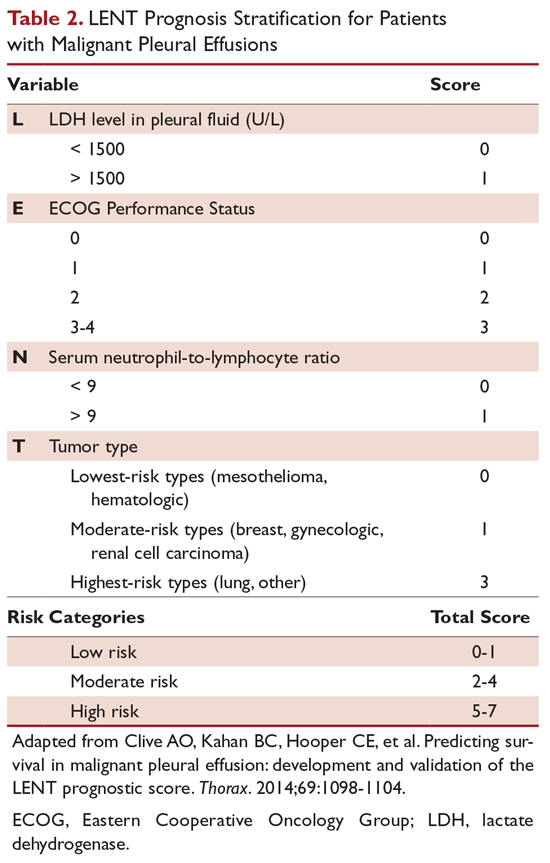
Malignant Pleural Effusion Evaluation And Diagnosis Pulmonary Health Hub
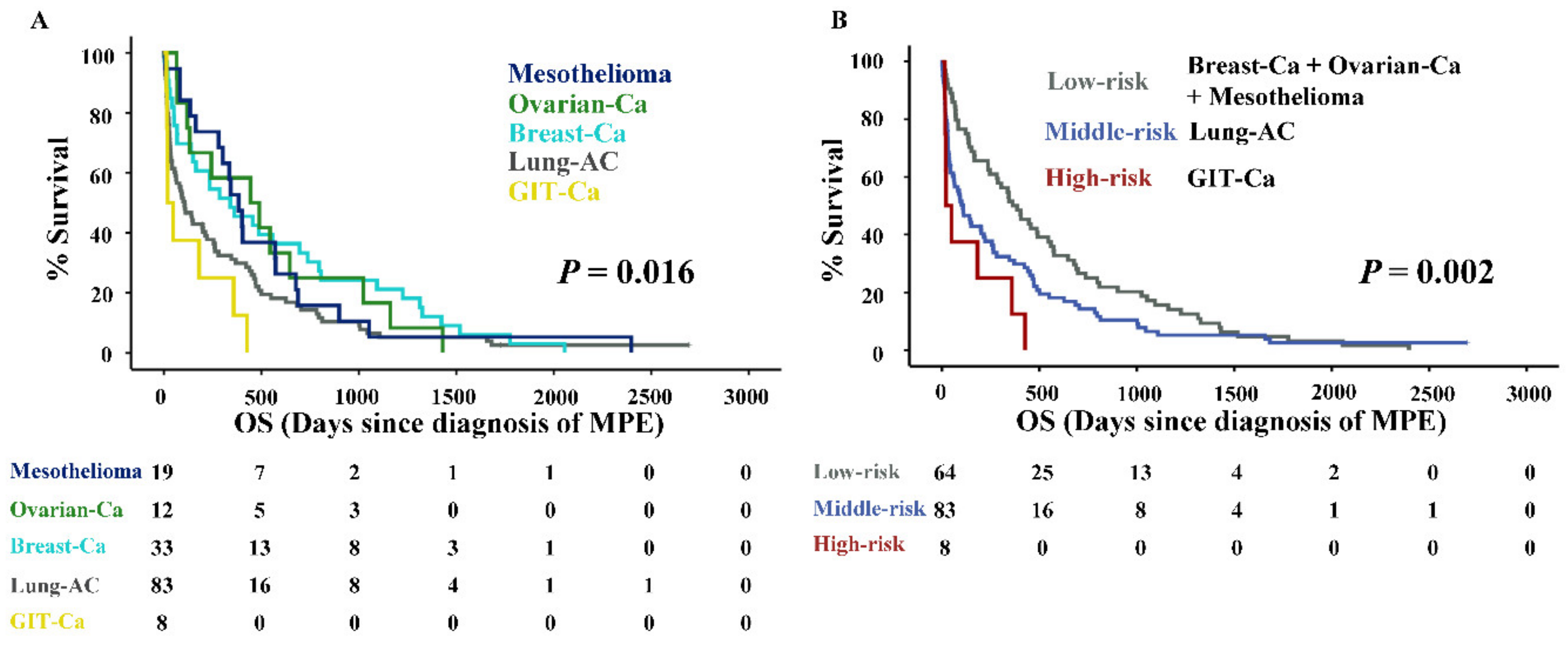
Cancers Free Full Text Prognostic Immune Cell Profiling Of Malignant Pleural Effusion Patients By Computerized Immunohistochemical And Transcriptional Analysis Html
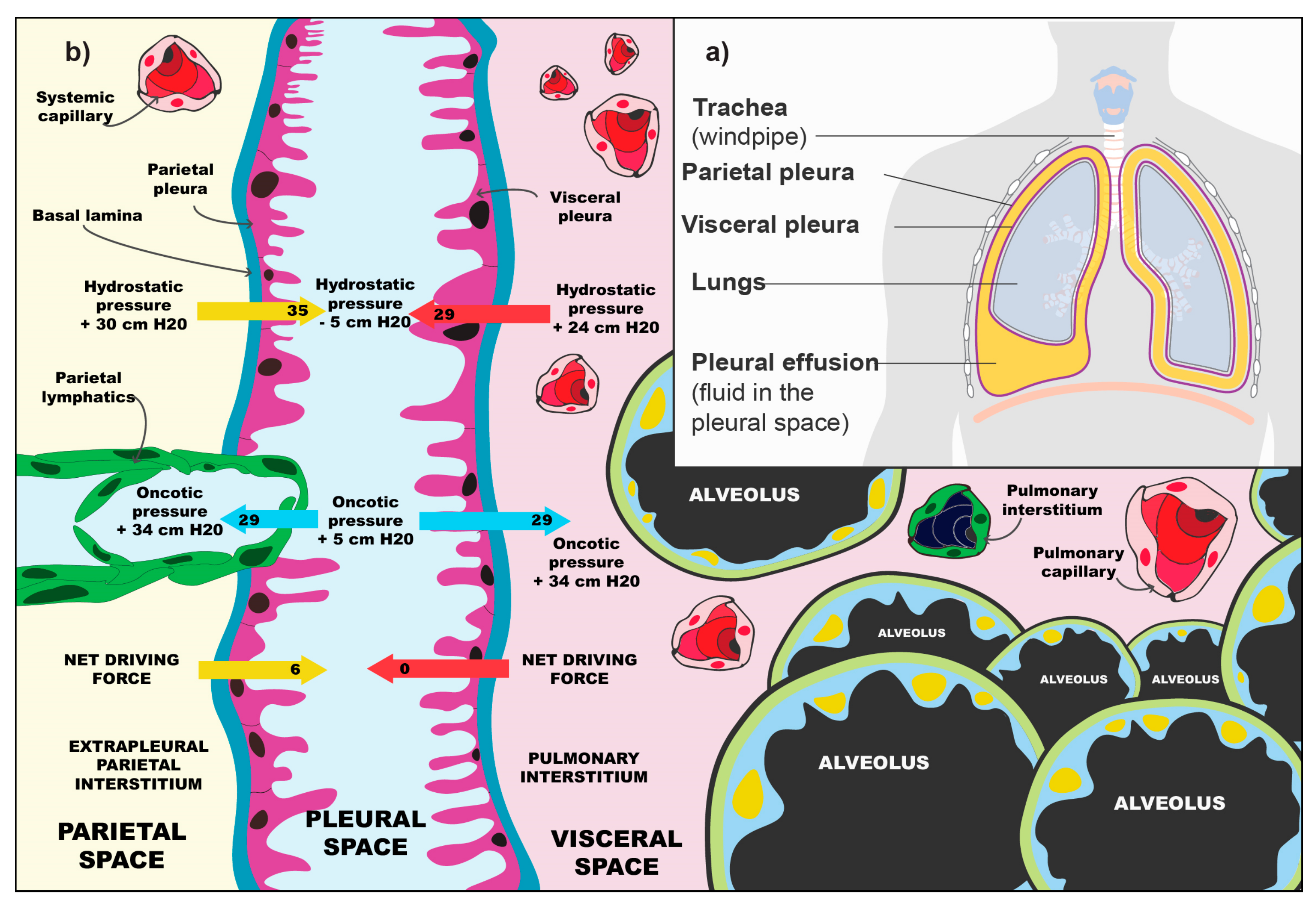
Medicina Free Full Text Malignant Pleural Effusion And Its Current Management A Review Html

Pdf Malignant Pleural Effusion Medical Approaches For Diagnosis And Management Semantic Scholar

Malignant Pleural Effusion 03102017 Youtube

Prognostic Value And Therapeutic Implications Of Pleural Carcinosis And Malignant Pleural Effusion In Advanced Epithelial Ovarian Cancer Anticancer Research

Malignant Pleural Effusion Management Keeping The Flood Gates Shut The Lancet Respiratory Medicine

Malignant Pleural Effusions Thoracic Key

Ers Eacts Statement On The Management Of Malignant Pleural Effusions European Respiratory Society

Treatment Options For Malignant Pleural Effusions Download Table
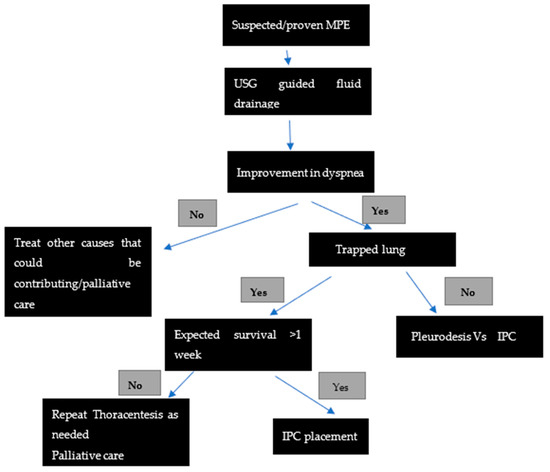
Jcm Free Full Text Malignant Pleural Effusions Mdash A Review Of Current Guidelines And Practices

Overall Survival Probability According To Malignant Pleural Effusion Download Scientific Diagram
Malignant Pleural Effusion Still A Long Way To Go Researcher An
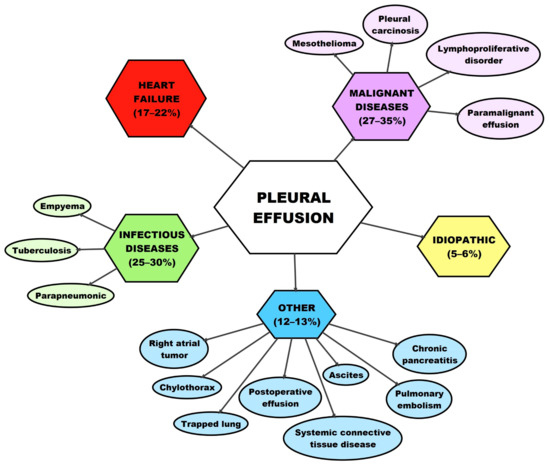
Medicina Free Full Text Malignant Pleural Effusion And Its Current Management A Review Html

Mortality Among Patients With Pleural Effusion Undergoing Thoracentesis European Respiratory Society

Management Of Malignant Pleural Effusions The Figure Is Modified From Download Scientific Diagram
